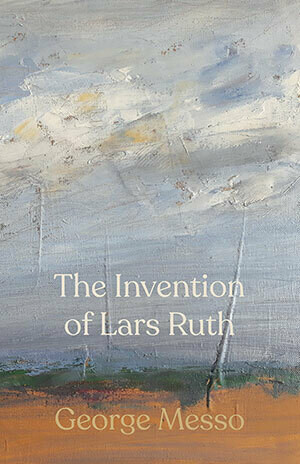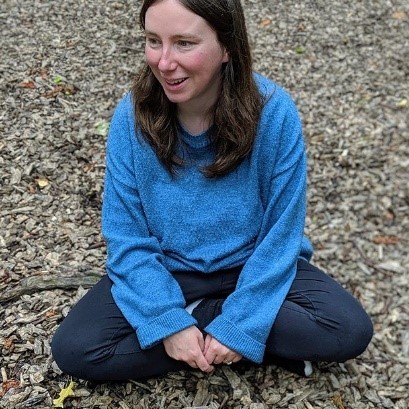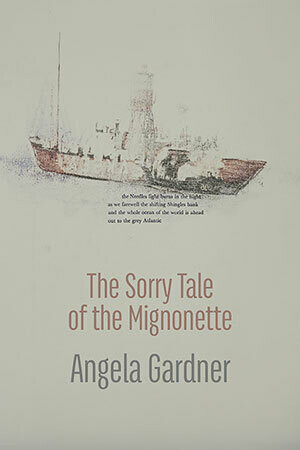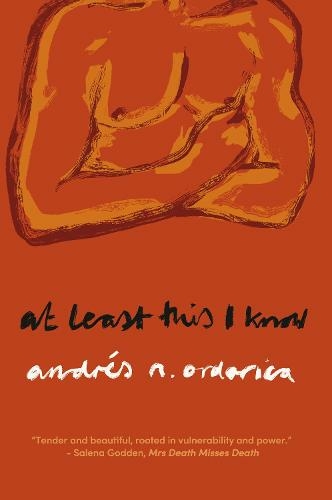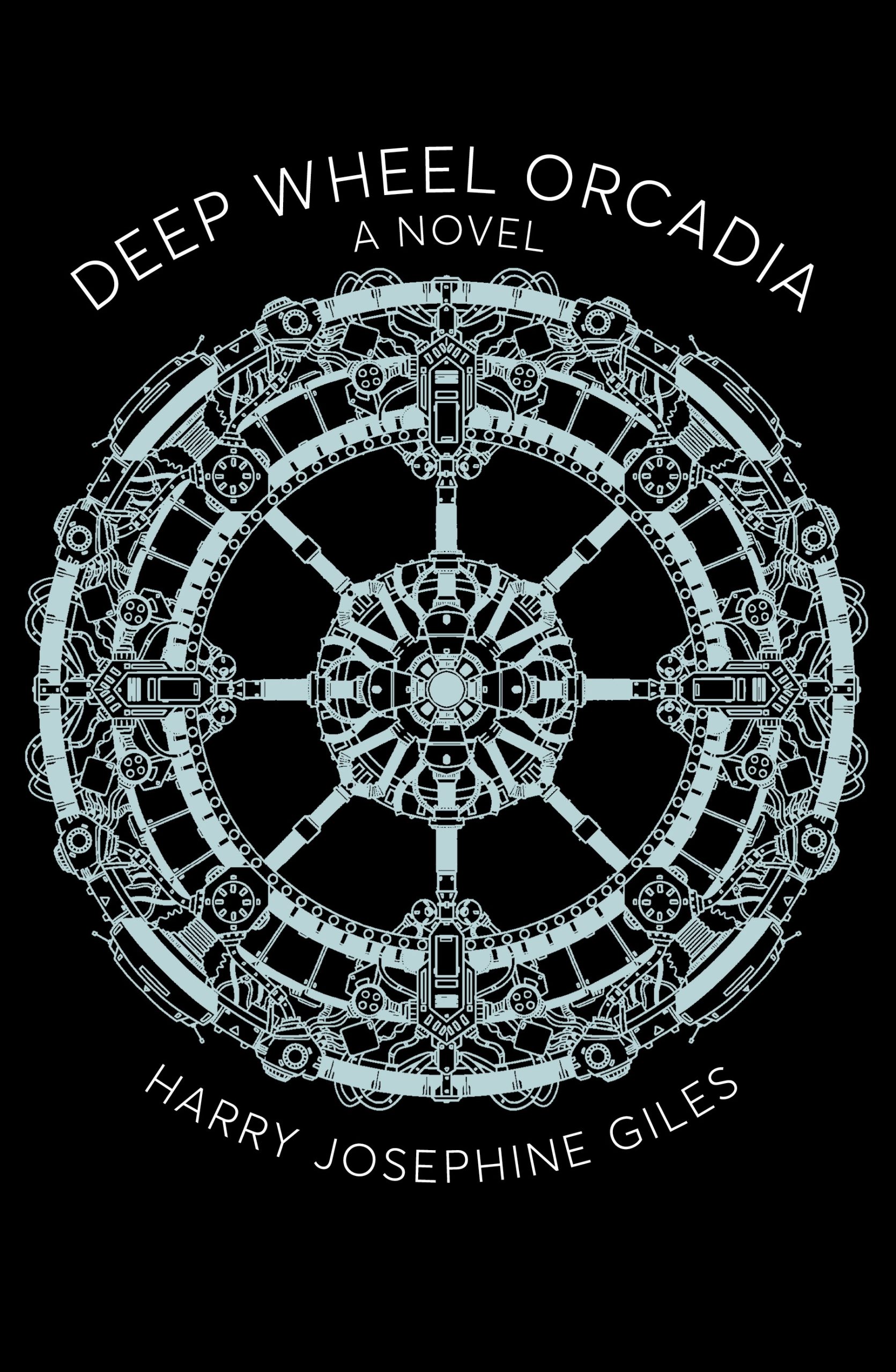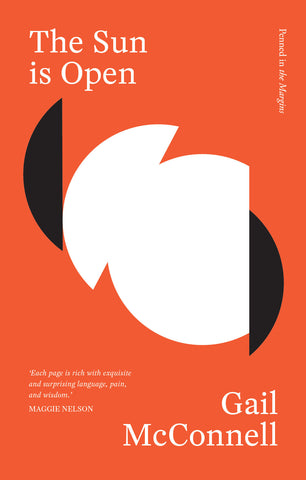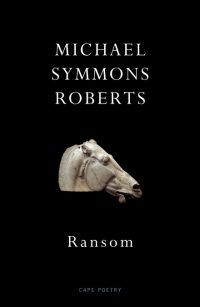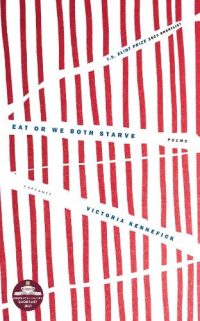The Invention of Lars Ruth
This poetry and short prose collection displays an obsession with memories: how they fade from us and what we lose when one forgets them. George Messo creates an overwhelming feeling of cold darkness in The Invention of Lars Ruth. The collection is separated into two sections, ‘The Invention of Lars Ruth’ and ‘Cuckoo Taiga’ and dispersed through the text are eerie sketches, like a scribble of a place someone is forgetting.

